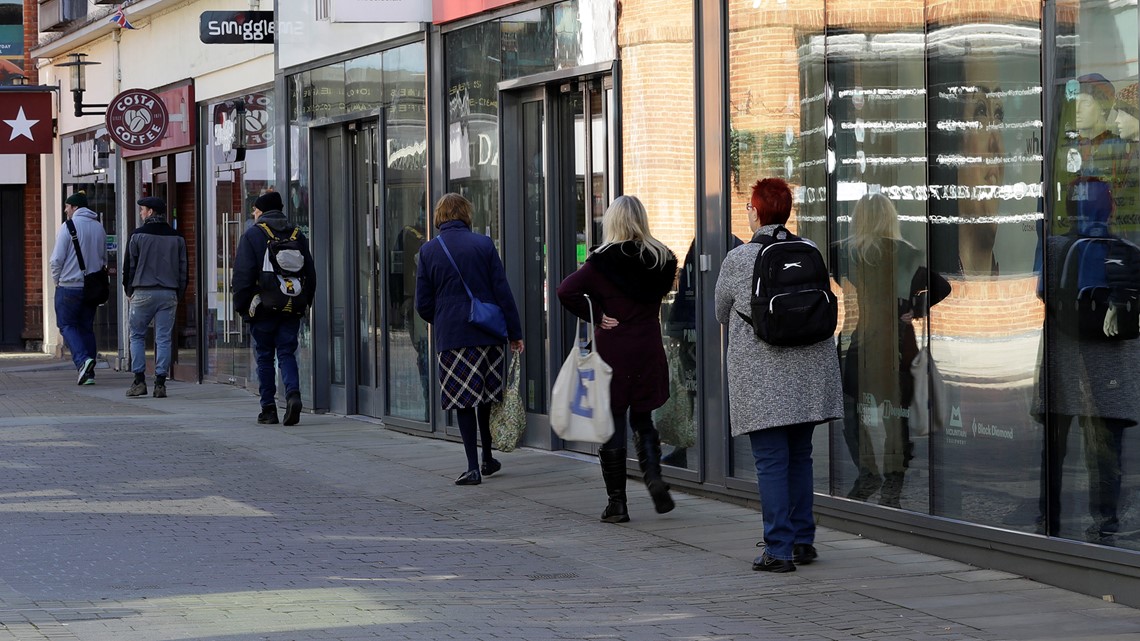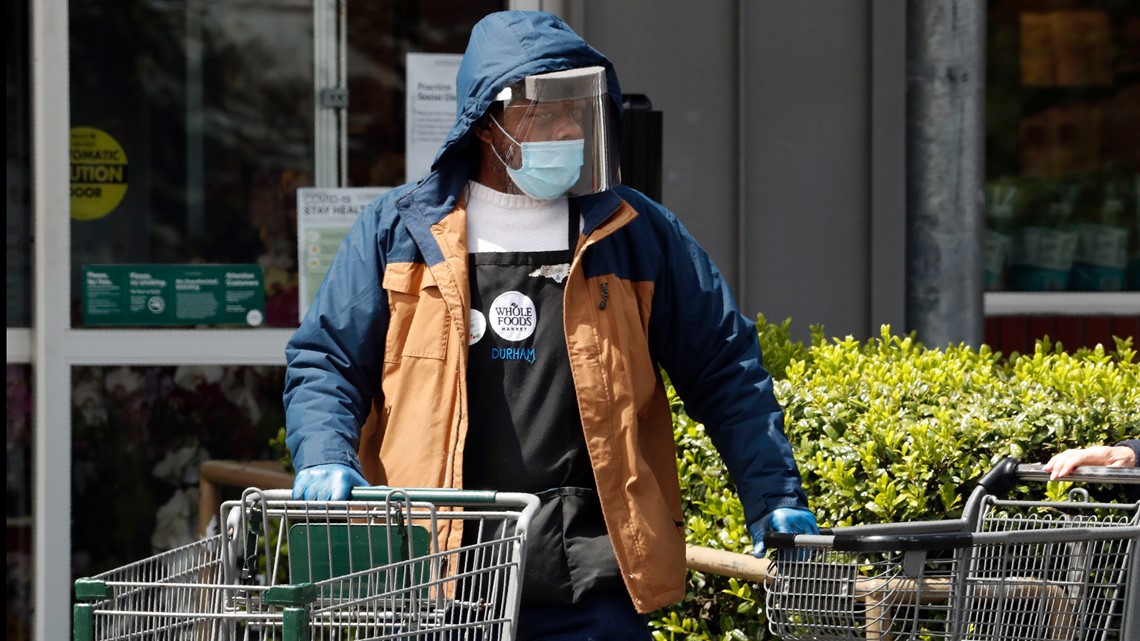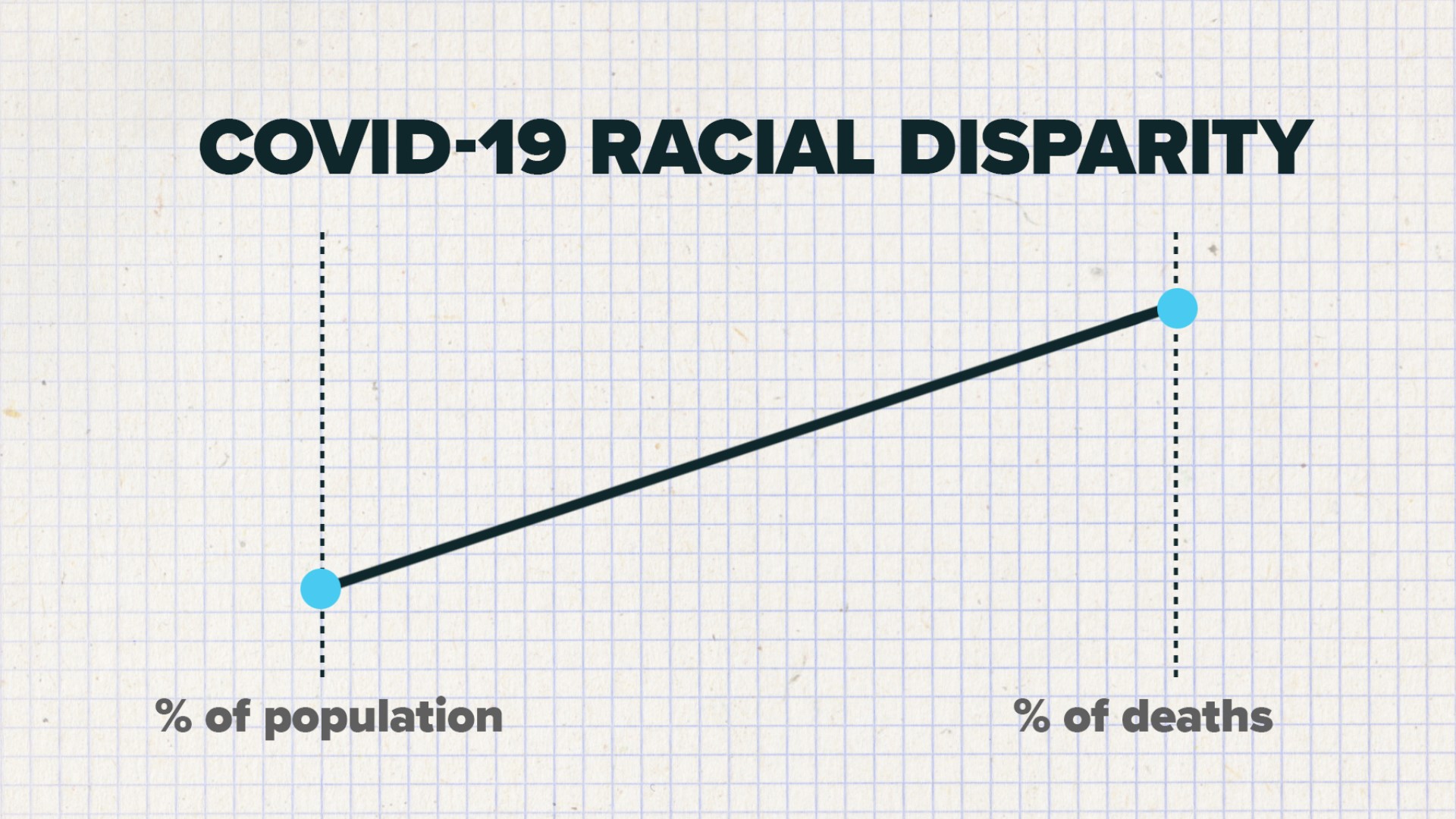NEW YORK — Sandy Jensen's customer-service job at a Sam's Club in Fullerton, California, normally involves checking member ID cards at the door and answering questions. But the coronavirus has turned her into a kind of store sheriff.
Now she must confront shoppers who aren't wearing masks and enforce social distancing measures such as limits on the number of people allowed inside. The efforts sometimes provoke testy customers.
"They are behaving worse now," Jensen said. "Everybody is on edge. I have hostile members in my face."
Her frustration is shared by store workers across the country, who are suddenly being asked to enforce the rules that govern shopping during the pandemic, a tension-filled role for which most of them have received little or no training. The burden is sure to become greater as more businesses in nearly a dozen states start to reopen.
Even if a security guard is posted at the store, employees complain they are often left to stand up to defiant shoppers.
“I think that people are pushing back because their freedoms are being controlled," said Marc Perrone, president of the United Food and Commercial Workers International Union, which represents 1.3 million members including grocery workers. “Members don’t feel comfortable trying to corral the customer. Management will take the customer side.”
Store tensions recently resulted in violence in at least two states. A Michigan security officer was fatally shot last week after telling a customer to wear a mask at a Family Dollar store. Two McDonald’s employees in Oklahoma City were shot Wednesday by a customer who was angry that the restaurant’s dining area was closed, police said.
Also in Oklahoma, one city abandoned its mask rule after store clerks were threatened. And at a southern California grocery store called Vons, a man showed up in what looked like a Ku Klux Klan hood. He ignored requests from workers to remove it until he got to the register, according to the supermarket.
RELATED: Gas prices rise as states reopen


Masks are required in some states. Some major retailers including Costco Wholesale Club have made masks mandatory regardless of government policies. But even at stores that post signs about mask recommendations, workers often have to approach unmasked visitors.
Walmart, the nation’s largest retailer and largest private employer, said it works with law enforcement in communities where face coverings are required.
Jeff Reid, who works at the meat counter at a Giant store in Silver Spring, Maryland, which mandates masks, said the greeter at his store is the one confronting shoppers, not the security guard posted outside.
“We are going on the front lines on a daily basis. If it’s against the law without your mask, why are you having cashiers and teenagers trying to enforce this when this is the law?” asked Reid, who often has to reprimand customers to keep 6 feet apart.
The pandemic duties are the latest example of workers being asked to police retail space. Last year, retailers including CVS, Walgreens and Walmart asked customers to refrain from openly carrying guns in stores even where state law allows it. Stores did not outright prohibit guns because they did not want workers to have to enforce a ban. But how workers should respond to weapon-carrying customers has remained fuzzy. Many retailers left it up to the discretion of store managers and provided some guidance and training to workers.
Jason Brewer, a spokesman at the Retail Industry Leaders Association, said it's not a retail employee's role to enforce a local law or an executive order on face coverings or any other protocol. He said law enforcement should get involved and that shoppers can do their part.
“The industry is acutely focused on safety protocols as they reopen. But consumers need to keep this top of mind,” Brewer said.
At a Costco in Midlothian, Virginia, Wendy Alonzo said markings on the floor indicating proper social distancing were good reminders. She said she gets frustrated when other customers seem oblivious that they are blocking an aisle, forcing her to squeeze by.
“And then they kind of side-eye like you are too close, but it’s like you’re blocking the way, and I’m not going to wait here all day for you to make your decision whether you want eggs or milk or cheese,” Alonzo said Wednesday.
Target spokesman Joshua Thomas said the chain has not experienced any major issues with shoppers not complying with social-distance rules. He attributes part of that to Target following local ordinances and not making nationwide mandates. If customers fail to adhere to protocols, stores may add more signs or play more frequent reminders on the public address system. Target can also reduce the number of customers let into the store.
“The safety of the team members is our top priority," Thomas said.
Many other businesses are trying to defuse tensions between workers and customers.
Fresh Market, a Greensboro, North Carolina-based gourmet food chain with more than 150 stores, was one of the first grocers to request that shoppers wear masks. But a spokeswoman said it has not denied entrance to customers without face coverings.
“We do not want to place our team members in a confrontational situation that could result in unintended consequences during an already trying time for many,” company spokeswoman Meghan Flynn said in a statement to The Associated Press.
Workers can pose problems too.
Scott Nash, CEO of MOM’s Organic Market, which operates 19 stores in the Mid-Atlantic region, said he's had to deal with some employees feeling overly empowered and hostile toward customers.
He acknowledges that training for his 1,500 employees has been “on the fly” and that he has not had time to roll out a “training module.” But he tells workers to “use their common sense."
“Don’t be too lax and don’t be controlling or publicly shaming," Nash said.
___
Associated Press Writer Henry Kurz in Midlothian, Virginia, contributed to this report.



